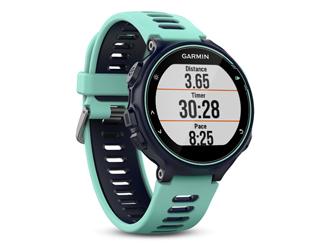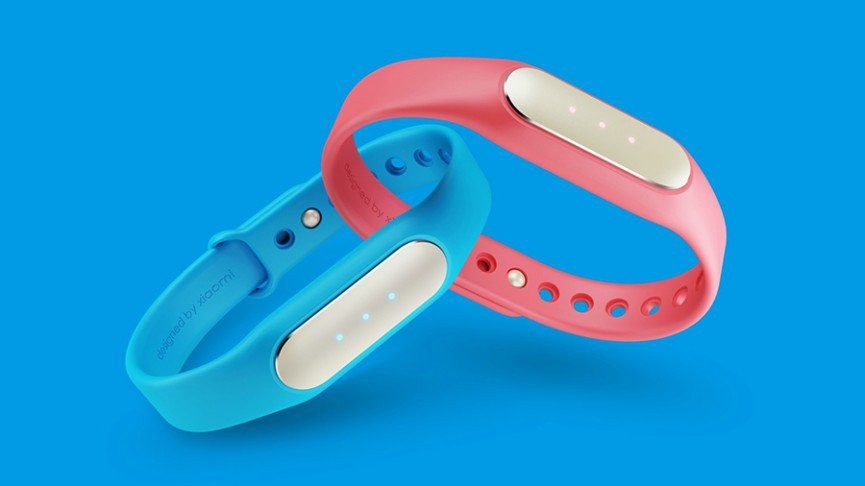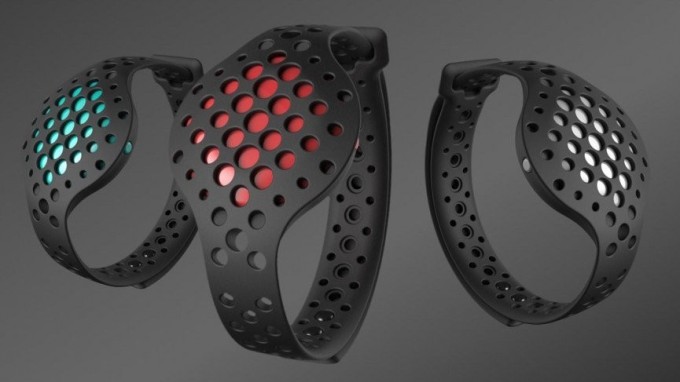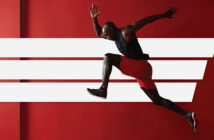Today there are so many fitness trackers available for you to choose from various bands, watches and apps. All these gadgets are equipped with accelerometers and sensors to track you all day (and night) long. But do they really work or are they just a gimmick? Here are 3 reasons why if used correctly they can help you become fitter and healthier.
1. You can see your fitness goals: It’s one thing to have a sense of how healthy you are, but it’s another thing to see the numbers. Many fitness trackers can record your steps, calories burned, and sleep, so if you’re not meeting your goals in one or more of those categories, you’ll be able to see it in no time. Fitness trackers force you to be aware of your fitness shortcomings so you can modify habits as necessary.
2. You can track your progress: Investing in a fitness tracker forces you to think about what you’d like to get out of your workout routine. Many trackers allow you to add goals — like steps per day or calories burned — so you can keep tabs on whether or not you are progressing. It’s nice to have numbers backing up just how much more fit and active you’ve been feeling and to use as a basis for future goals.
3. You can push yourself safely: Listening to your body is the best way to know your limits, but having extra help doesn’t hurt. Many fitness trackers compile the data they collect from your daily habits to show you trends over time. That means that if you find that you’re being too sedentary on your non-workout days or that you aren’t burning as many calories as you thought in yoga class, you’ll be armed with the information you need to modify your workout routine or your daily activity habits.
Source: Instagram User supertall007
Here’s few of the best on the market
Fitbit Surge ($153+)
The Fitbit Surge is a sophisticated touch-screen wristwatch. It not only tracks your steps and sleep, but also alerts you to incoming phone calls and text messages, keeps tabs on your heart rate with a built-in optical heart rate monitor, uses GPS to track outdoor activity, and has much more functionality especially for runners.
PROS
Continuous heart rate monitoring. Built-in GPS. Comfortable, secure fit. Tracks new activities like hiking, yoga, and weight-lifting workouts. Excellent app and easy syncing. Supports incoming texts and call notifications. Accurate.
CONS
Limited push notifications. Moderately large. Not waterproof for swimming. Below average battery life with GPS enabled. Charger not interchangeable with other Fitbits.
BOTTOM LINE
With continuous heart rate monitoring, GPS, and broad appeal, the Fitbit Surge is the best all-day fitness tracker to date.
Garmin Forerunner 735XT ($307+)
The Garmin Forerunner series blends the best fitness trackers with all the features you expect from running watches. Additionally it offers a 24/7 activity and sleep tracker with continuous heart rate monitoring, GPS, push notifications, and special features for triathletes. It’s not cheap but it manages to be both lightweight and excellent battery life. If you’re a hardcore martial artist who love to compete in triathlons this is the one for you.
PROS
Excellent for triathletes. GPS. Optical heart rate monitor. Tracks steps, sleep, heart rate, and an array of activities. Supports push notifications. Waterproof. Lightweight. Top-notch battery life.
CONS
Expensive. Not comfortable to wear while sleeping. More sporty than elegant.
BOTTOM LINE
The Garmin Forerunner 735XT fitness tracker gives pertinent information to triathletes about their sports, including advice you don’t often see, like recovery time. It’s comprehensive and easy to use but will set you back a pretty penny.
 Xiaomi Mi Band Pulse ($19+)
Xiaomi Mi Band Pulse ($19+)
Best for those on a budget and now available outside of China, the Mi Band Pulse is cheap and cheerful, yet somehow manages to pack heart rate monitoring onto the wrist for an astonishing price. Xiaomi has shifted over a million of its bands in China alone, possibly making this the ultimate fitness tracker. On a down side the main body of the tracker does of a tendency to fall out if you are too rough with it. So don’t keep it on when doing pad work. Another down side is that it will does have a tendency to over estimate your steps in most cases.
Feature check: HR tracking, steps, sleep, smart alarms, incoming call alerts.
CONS
Can overestimate steps, Heart rate goes haywire during exercise, Basic app, Sleep tracking is hit and miss
Moov Now ($45+)
Is one of the best for getting fit. Geared towards helping you be better at the sports you love, rather than reporting how you did. It’s an easy and compelling sell, and for our money, is what wearable tech should be about. Some of the misgivings remain: the need to carry your smartphone being the biggest downside to the device.
Feature check: Steps, sleep, advanced sports coaching, run/bike tracking.
PROS
Coaches and track, Displays progress, Great for all abilities, 6 months battery life
CONS
Need to take your phone running, Coach’s voice is robotic and annoying, Daily activity tracking is basic, Strap comes undone now and then.
Charity Miles ($4.99+)
Earn money for charities every time you run, walk, or bicycle by using the free Charity Miles app. Corporate sponsors (whose information you’ll see as a backdrop image in the app) agree to donate a few cents for every mile you complete. Browse the app’s list of charities, find the one that you support, and then hit the road. When a lot of people use Charity Miles, those little bits of money add up.
Using this app you can rack up some serious miles. With this app you can get fit while donating to some excellent charities. The new UI is very clean and visually appealing. Both the GPS and indoor tracking are for the most part reliable. On the downside view the history can be annoying. The activity log looks nice and is easy to navigate but needs to also have the ability to see the length of time each run was.
FitStarr ($7.99 per month or $39.99 per year)
FitStar creates custom workouts for you based on your fitness level. You start by doing a few workouts with the app and you give it feedback as you go about which exercises were too tough, too easy, or just right. The app uses that information to create a routine that challenges you in all the right ways. FitStar was purchased by Fitbit in 2015 and now works with some Fitbit devices. The in-app coach is former NFL player Tony Gonzalez, a beefy workout buddy who is nothing but a bundle of positive, cheery feedback, and absolutely no excuses.
It is customize to you and after each workout you should feel like you’ve accomplished something. The great thing is it sync with your Fitbit (Fitbit actually recommend this app). You get free sessions but for premium its a steal instead of going to the gym and probably having to pay twice as much. With this app and eating right you will lose weight in no time.
If you make a purchase use our links and help support the www.StudyMartialArts.Org project.





1 Comment
This page truly has all the info I wanted concerning
this subject and didn’t know who to ask.